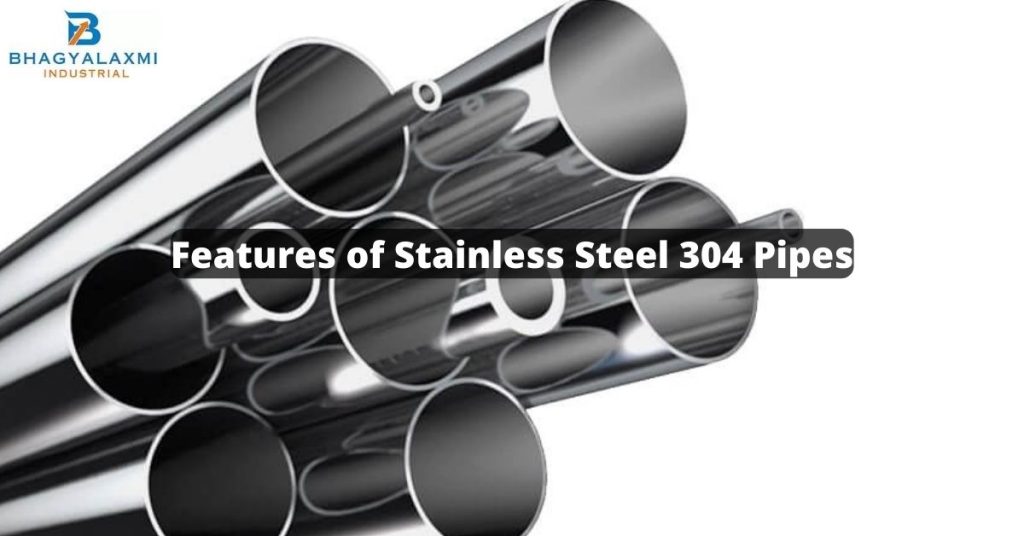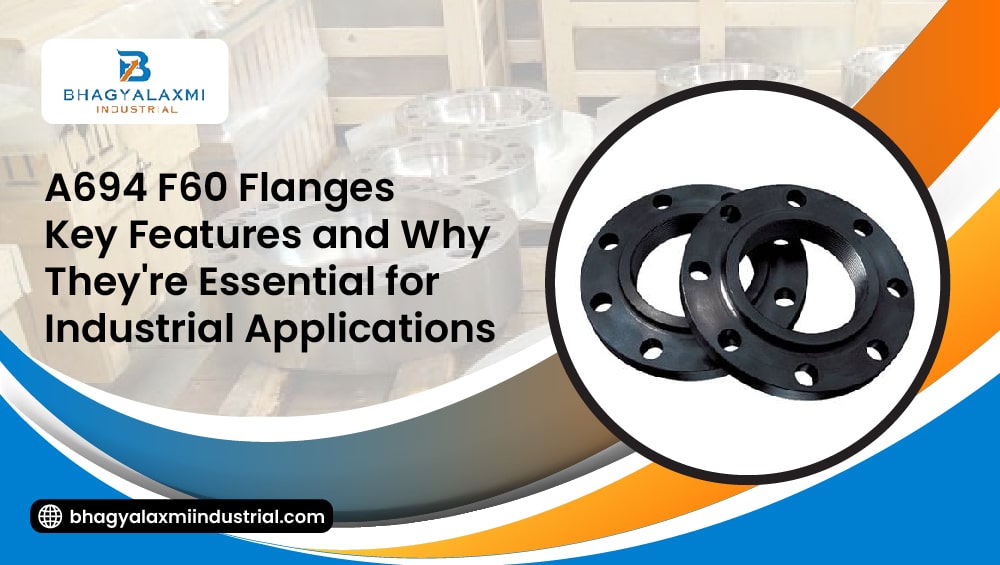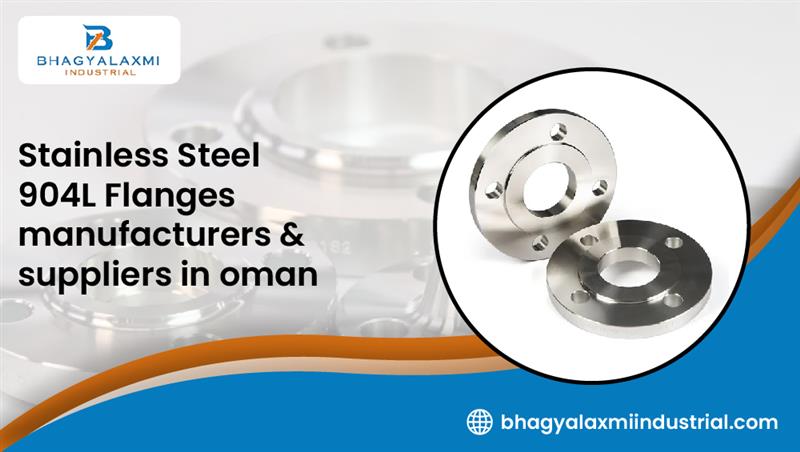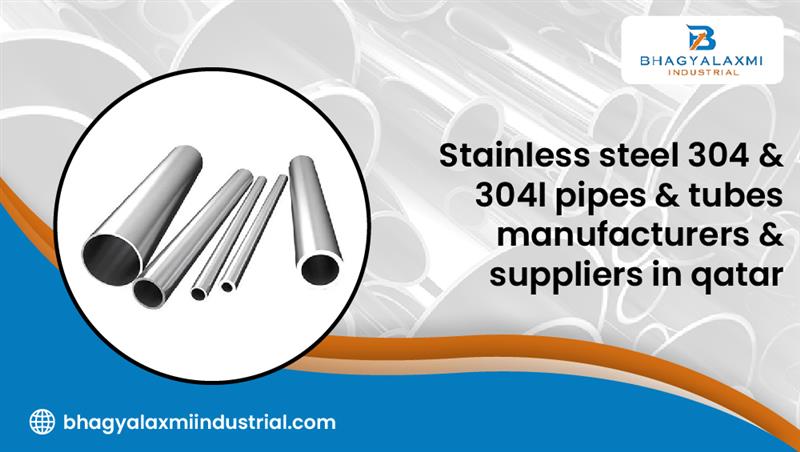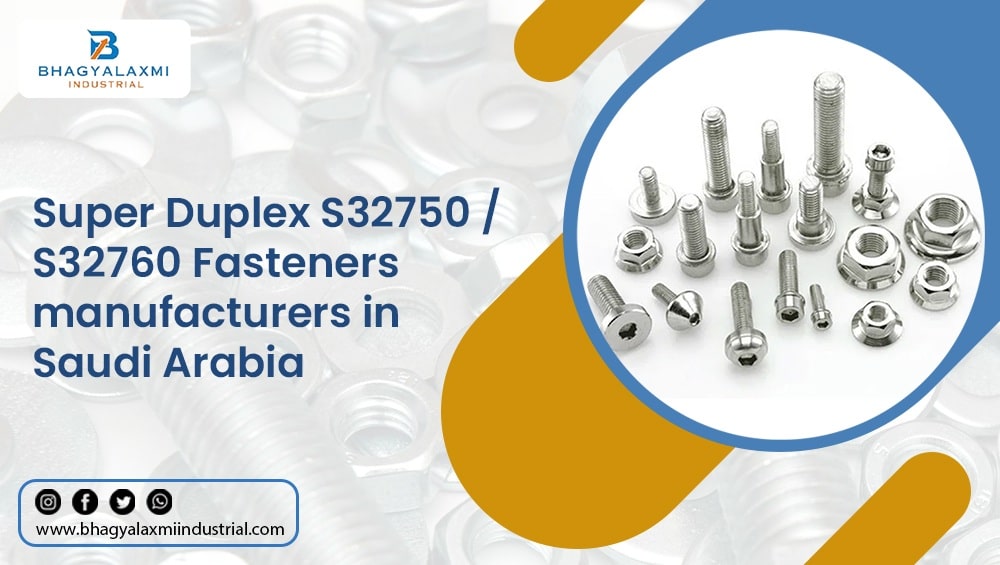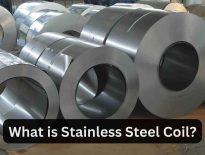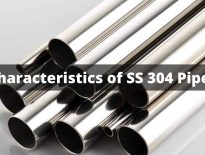The most adaptable and widely used stainless steel on the market is stainless steel 304, which is also one of the most popular alloys of its kind. It is essentially an austenitic chromium alloy that is also referred to as “18/8” stainless since the steel is composed of 18% chromium and 8% nickel. However, chloride substitutes can cause 304 stainless steel to corrode. Chloride ions can result in pitting or cracking, which are essentially small-scale corrosion areas.
If interior components are exposed to these damaged parts and chromium oxide barriers, the interior components may also deteriorate. For instance, in the case of SS 304 coil, highly salinized environments like open coastal areas or chilly, ice regions that are frequently exposed to de-icing salts may not be suitable.
Features of SS 304 Pipes
• Excellent Weldability
With or without filler metals, stainless steel type 304 offers superior welding qualities for all prevalent fusion processes. When integrating massive amounts of stainless steel 304, post-weld annealing could be necessary for the best corrosion resistance.
• Heat Treatment
During heat treatment, stainless steel 304 can be heated to temperatures between 1010 and 1120 degrees Celsius before being quickly cooled. Thermal treatment cannot be used to harden these grades. When making stainless steel pipes, heat treatment is a crucial step. It is essential for producing ss 304 pipes with high strength and durability.
• Excellent Flexibility
Stainless steel type 304 has excellent welding properties when it is cut back. It is not necessary to post-weld anneal when welding thin portions. With or without filler metals, it has exceptional weldability for all common fusion procedures.
• Heat Resistant
Stainless steel can be heated to between 1010 and 1020 degrees Celsius and then rapidly cooled during a specific solution treatment. Thermal treatment is difficult for these grades to harden. The technique of heat treatment is thought to be crucial in the creation of stainless-steel pipes. High strength and long-lasting stainless steel 304 pipes are made possible by this process.
• Austenitic
Because 304 stainless steel pipes are austenitic, they are regarded as the best option for producing moving parts. The food, beverage, dairy, and chemical industries all employ this grade, which is thought to be the most adaptable alloy. It is referred to as a wonder metal and is employed in a wide range of commercial and industrial applications because of its adaptability and endurance.
• Corrosion Resistance
SS 304 Pipes have good resistance to acidic and corrosive assaults due to its increased chromium content. These pipes have a high level of resistance to acids, alkalis, and other potent chemicals. Pipes made of stainless-steel type 304 are resistant to pitting, stress corrosion cracking, and reducing acids. Because of these characteristics, stainless steel 304 pipes require minimal maintenance, making them one of the most affordable options available to businesses.
• Higher Strength
Higher mechanical strength is provided by stainless steel 304 pipes, even in high-temperature environments. Even in environments with heavy loads, these pipes offer good ductility and elongation. Due to their excellent efficiency and durability, these pipes can withstand any decreasing conditions.
• Other Features
The properties of stainless steel 304 pipes are simple to fabricate and provide greater impact strength. Both at higher temperatures and at cryogenic temperatures, these pipes exhibit remarkable resistance. Because of its exceptional durability in challenging environments, stainless steel 304 pipes are widely employed in numerous industrial industries.
Applications Of Grade 304 Stainless Steel Tubes
Because they are resistant to the acid corrosion prevalent in typical meals, stainless steel 304 pipes are utilized in a variety of industries, particularly in the food processing industry. Sinks, dishwashers, stainless steel foot over bridges, industrial food processing equipment, and freezers are among the things that can be made with this material.
These pipes are dependable for use in pipelines, storage tanks, and food processing facilities. Kitchen appliances like sinks, refrigerators, stoves, and other appliances require stainless steel 304 pipes. SS 304 Pipes are utilized in heat exchangers, chemical machinery, mining systems, water filtration systems, oil and gas processing, and many other applications because of its exceptional corrosion resistance.
Heat exchangers, power plants, chemical storage tanks, and pipelines are all examples of equipment in the brewing industry that uses SS 304 pipes. In order to store high-temperature petroleum fumes or vapours, it can be used as a manufactured material in pressure tanks.

